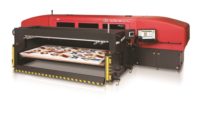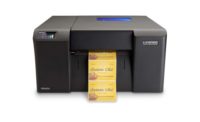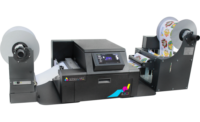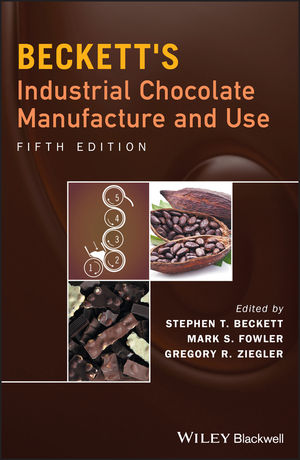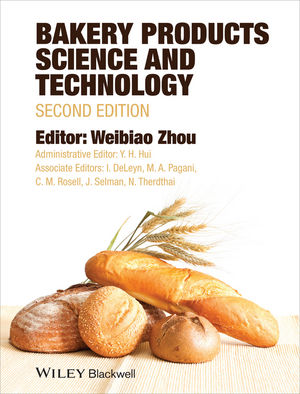Company: Paul Leibinger GmbH & Co. KG
Website: leibinger-group.com/en/
Technology Snapshot: At the Fachpack 2018 trade fair, Paul Leibinger GmbH & Co. KG is presenting the JET One – a new industrial inkjet printer for marking and coding food packaging, beverages and consumer goods (Hall 4, booth 4-303).
“In 2018, Leibinger is consistently positioning itself for the broad market in the area of industrial marking and coding systems,” explains Christina Leibinger, managing proprietor of Paul Leibinger GmbH & Co KG, a printer manufacturer from Baden-Wuerttemberg, which will be exhibiting at the Fachpack in Nuremberg. “We developed a new entry-level model with this in mind. The JET One is equipped with the same reliable technology as all our printer lines and is 100% made in Germany. We did not compromise at all on quality and reliability.”
The JET One is suitable for marking and coding food packaging, beverages and consumer products, with fixed and variable data such as best-before date, LOT and batch number and graphics. The marking takes place without contact with flying drops of ink, making it suitable for convex and concave, rough and smooth, flat and relief-molded product surfaces.
You can print country and industry-specific fonts with a character height of 1.5 to 8 mm in up to two lines. Since the ink dries in less than a second – on plastic, glass, wood, metal, ceramics, technical composites, cardboard and paper alike – the CIJ printer can handle production speeds of up to 268 m/min. Ink consumption is minimal: the JET One prints up to 120 million characters with only one liter of ink.
The packaging industry is facing increasing cost pressure, strives for production optimisation, and is intent on avoiding downtime. The problem most users face with many CIJ printers is that the ink dries during production breaks. This causes time-consuming cleaning that delays production restarts. In the worst-case scenario, the printing is diffuse with illegible type and expensive reworking required during production.
The solution in the case of the JET One printer is its unique Sealtronic feature, a nozzle sealing system that keeps the ink fresh during production breaks. If the user switches off the printer, the gutter moves to the nozzle with a spindle drive. Only then does the inkjet turn off. The ink circuit is therefore hermetically sealed. “Many users of CIJ printers are forced to clean their systems for up to several hours a day,” says Leibinger. “This is completely eliminated thanks to Sealtronic.”
The JET One features the key interfaces for integration into the company infrastructure: via a product sensor input (PNP/NPN 24 V), an incremental encoder input (TTL 5 V, HTL 24 V, RS 422 5 V), a digital input, three digital outputs and a USB port. The print head can be flexibly positioned thanks to a three-metre-long umbilical cable – even for overhead applications.
Leibinger has also designed the user interface so that intuitive operation is possible without a long training period. Operation is via a 5.7-inch TFT touch screen display (VGA) and follows the what-you-see-is-what-you-get (WYSIWYG) principle. The representation on the display corresponds to the printed image one-to-one. Therefore, new jobs can be started without any wasted time.
Leibinger is also presenting CIJ printers from its other product lines at the Fachpack. These include the JET2neo from the Basic Line, the JET3up from the Universal Line and the JET Rapid from the High Speed Line (Hall 4, booth 4-303).




